Description
The story of one eventful year in the life of Li-li, a Taiwanese boy living in the Pacific port city of Keelung, 1959-60. Utilizing an experimental mix of narrative and Li-li’s own journal entries, the author indelibly describes a childhood—innocent and reflective—awakening to the forces of Nature and to society at large.
Tung Nien, author, was born in 1950 in Keelung, Taiwan, where his novel Setting Out (1993) and the sequel to it, The Bodhisattva of Pen Yuan Temple (1994), are set. In all, he has published four novels—one of which, Last Winter, has been made into a film—and three collections of stories. He has participated in the International Writing Program at Iowa, and he is, at present, managing director of Linching Book Company, one of Taiwan’s major literary publishers.
Mike O’Connor, translator of Setting Out, spent more than ten years in Chinese studies and work as a journalist in Taiwan. He lives with his wife, Ling-hui, in Port Townsend, Washington. His books of original poems and translations include The Basin: Life in a Chinese Province and The Rainshadow, both from Empty Bowl (Port Townsend); When I Find You Again, It Will Be in Mountains and Colors of Day-break and Dusk, selected poems of Chia Tao (779-843), both from Tangram (Berkeley).
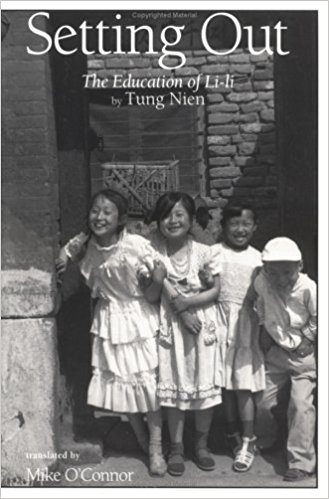

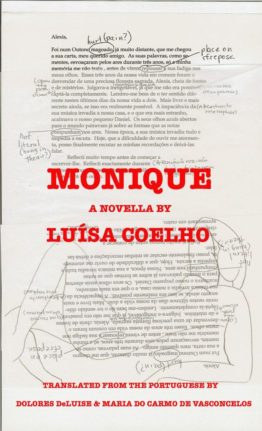
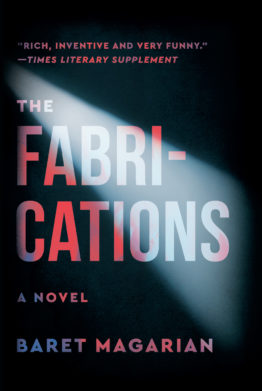
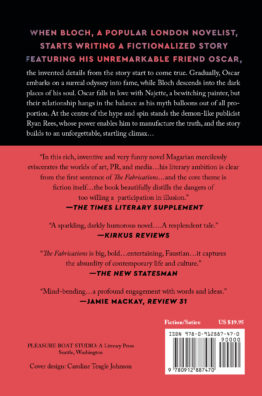
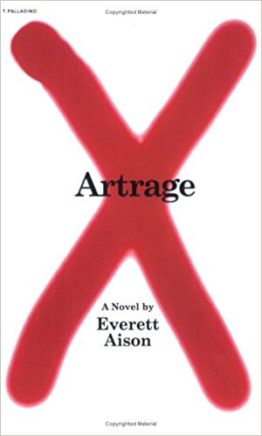

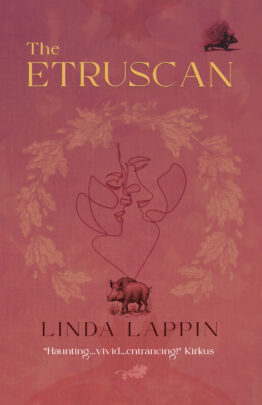

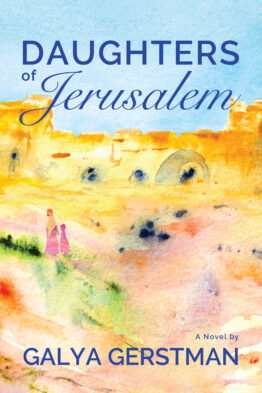
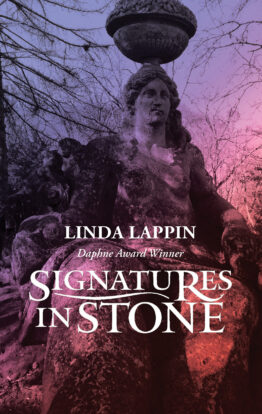
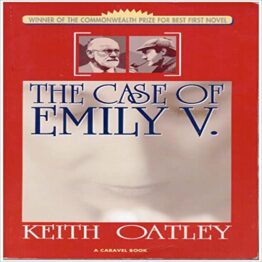
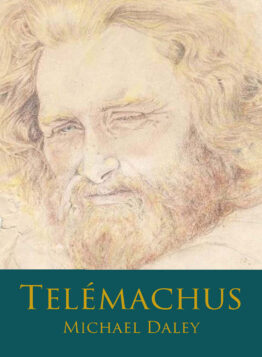
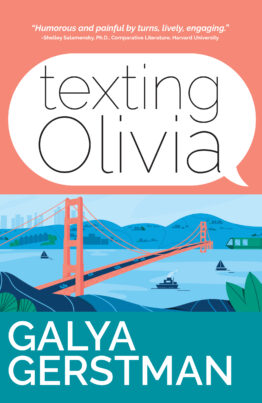


Richard Vuylsteke, Senior Editor, Free China Review –
“It is easy to be nostalgic about the past, to whitewash memory in ways that leaves only mellow recollections of the best of what has been lost. Tung Nien does not fall into this trap. Here is a captivating collage of events, conversations, and musings centered on the early stages of a boy’s maturation. Attitudes toward self, family, school and community life, government, foreigners, and even the environment are themes that ripple through these pages like the breeze over ripe rice paddies. The experience is not always refreshing: the balmy air is sometimes fetid with the aroma of human fertilizer. The author gives us Taiwan’s past, warts and all. One is transported by these pages to a time that has extraordinary texture and reality, and one that is not distorted by this careful and sensitive translation from the original Chinese into English. After turning the last page, readers will see that contemporary Taiwanese life has indeed changed markedly, but also that some patterns have endured. The reader’s sojourn in the sixties–and in the thoughts of Li-li–brings the present into clearer focus. It is a trip well worth taking.”
Chu Shuang-i, Reviewer, Unitas (Tapei) –
“Tung Nien’s reputation rests partially upon his close observation of his nation’s cultural history and defining spiritual qualities. In most of Tung Nien’s work, these three aspects are closely linked, giving his fiction its unique vision and depth….In Setting Out, a lightly plotted story concerned with the feelings and awareness of the young as they first encounter the world, Tung Nien has produced a literary work brighter of tone than anything he has written before.”
Roger Sale, Profesor of Literature, University of Washington –
“I’m glad, and grateful, that Mike O’Connor, who has already done so much stemming from his years in Taiwan, has translated Tung Nien’s Setting Out. If one thinks of fiction roughly called ‘autobiographical childhood,’ and Proust, or Henry Roth, or Amy Tan comes to mind, one thinks of a great deal of pressure going into the shaping of a young life and one thinks of the creation of ‘big’ scenes. One feels the writer’s presence intently. Setting Out comes from an entirely different sense of both art and childhood….It’s plotless and shapeless by our reckoning, and the reading of it seems slow, until one realizes one is turning the pages eagerly and with great anticipation.”
Bill Porter (Red Pine), Translator of Chinese poetry and prose –
“Setting Out: The Education of Li-li is a sensitive, well-grounded translation of a unique work by one of Taiwan’s leading writers. Presented in the form of a young boy’s journal, the book provides an insightful look into what it was like to grow up in Taiwan as it, too, was growing up. The innocence and irony of a child’s world are wonderfully rendered, and the cultural idiosyncrasies of Taiwan society and its own rites of passage are poignantly portrayed.”